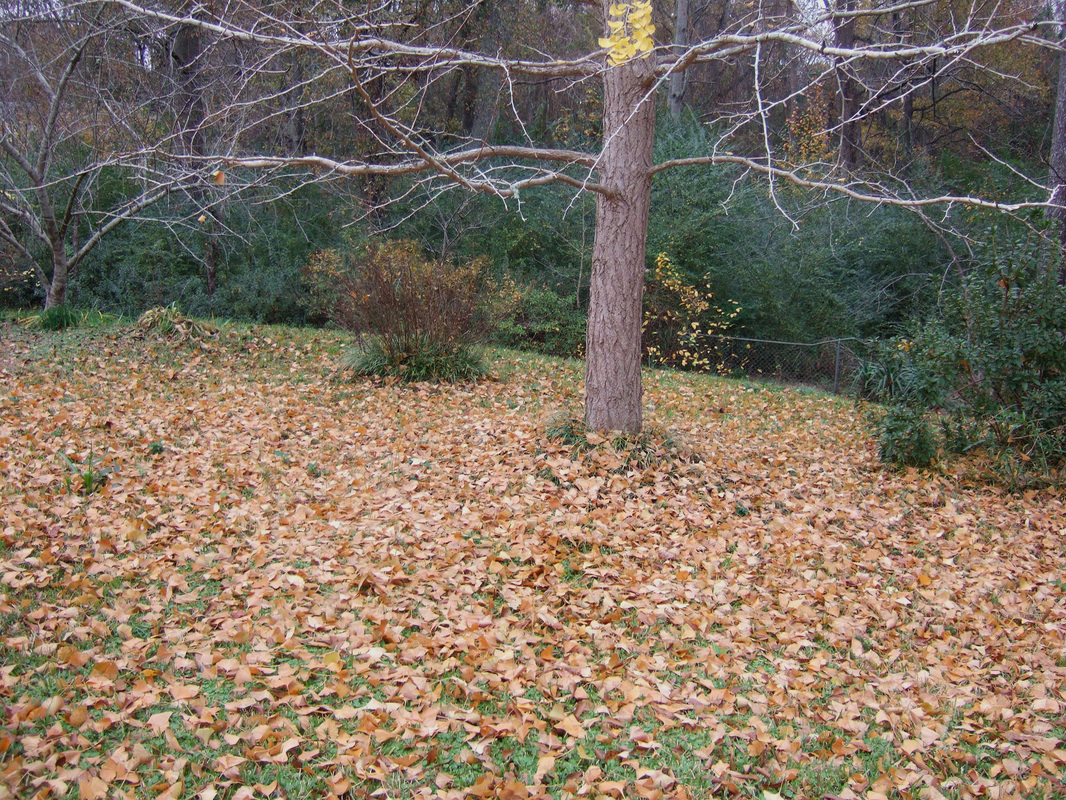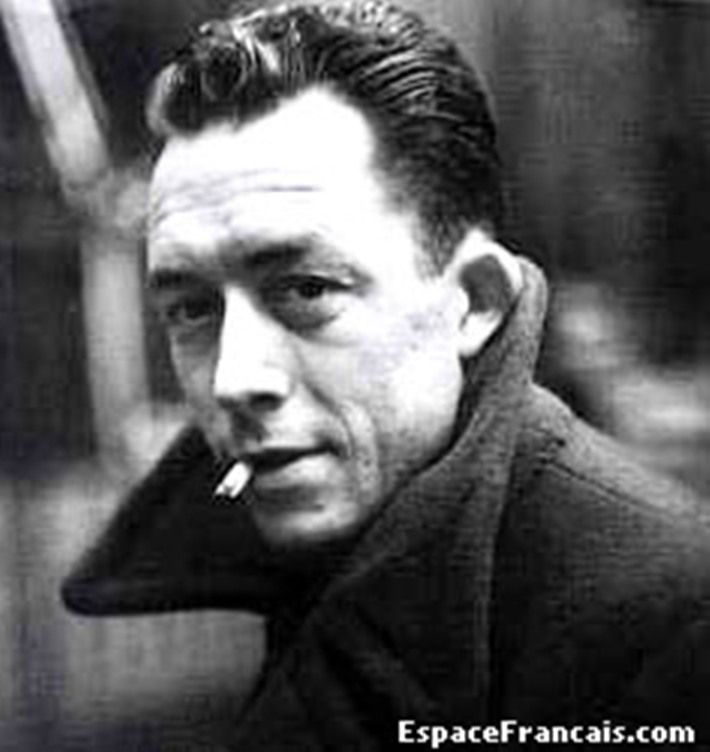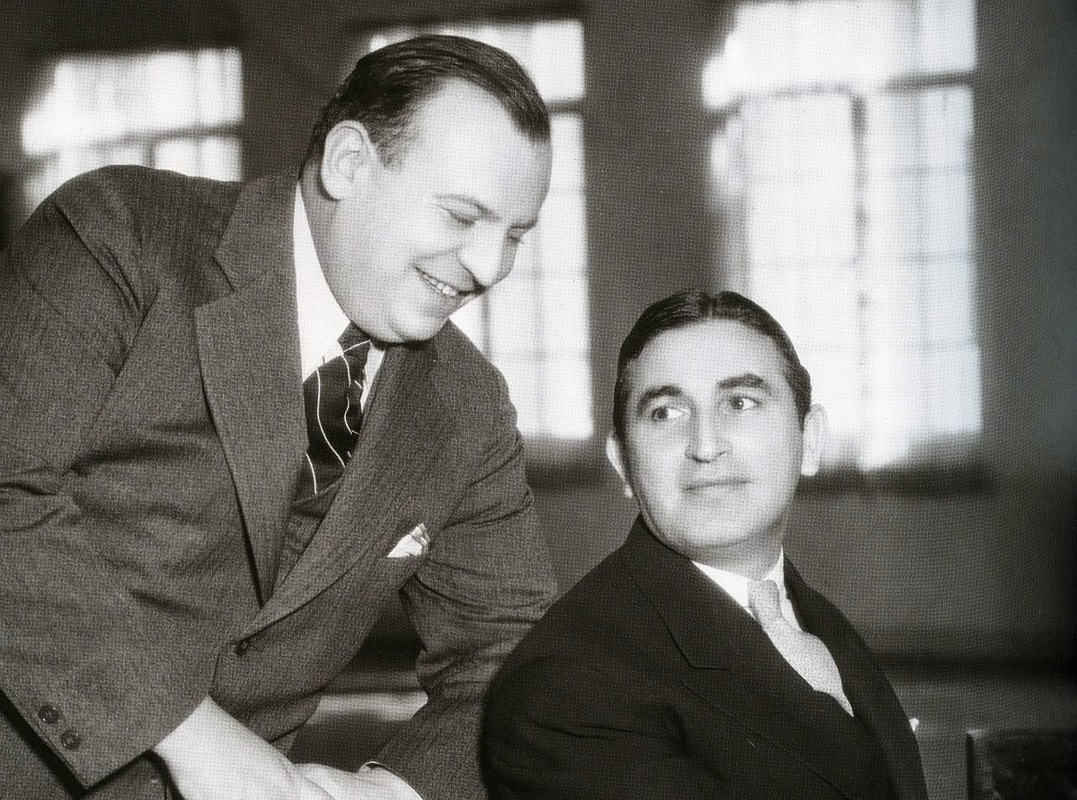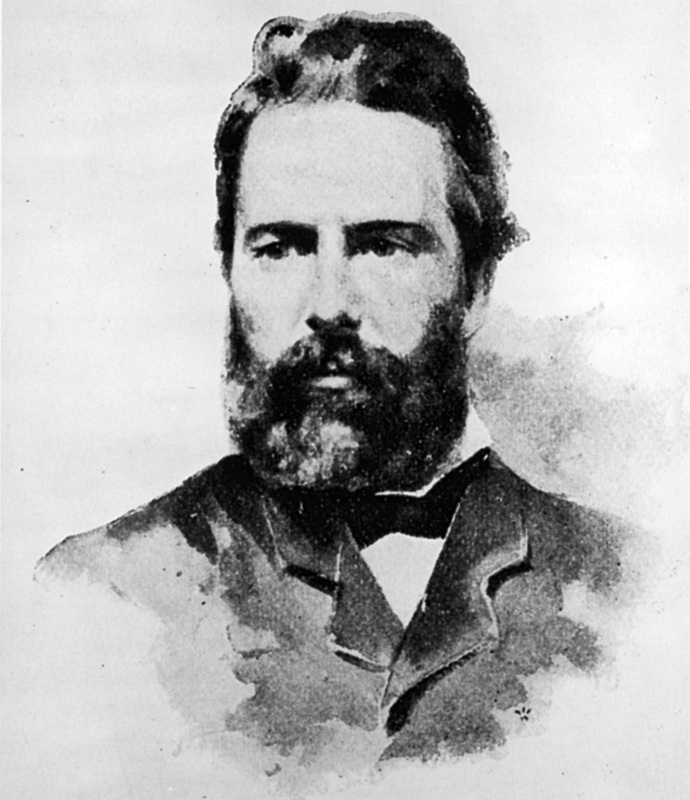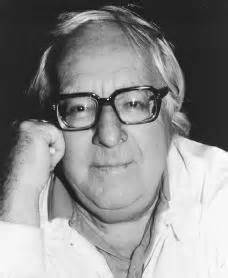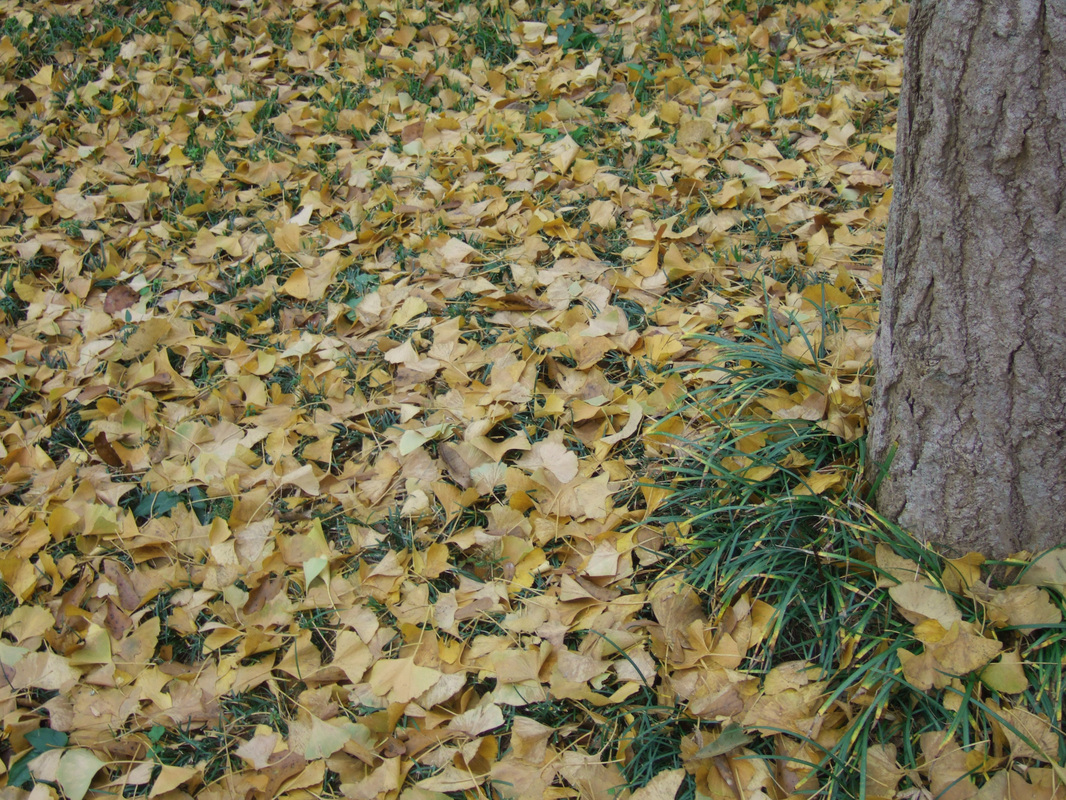|
AUTUMN
“Stomp it some more, it hurts so good!” That’s something we’d say a lot back in my early years in New York, and for the life of me I can’t imagine why. It’s not that I’m particularly masochistic (or sadistic either, for that matter). Still, to the degree I have any inclinations in that direction, autumn brings them out in me. I suffer, I mourn, I weep inside, and it’s just delicious! |
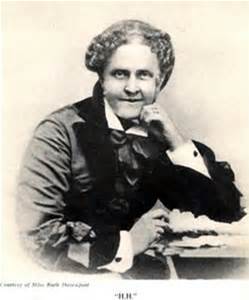
Helen Hunt Jackson had all sorts of positive things to say about “October’s bright blue weather.” And she was right! Little can compare with one of those crisp blue days.
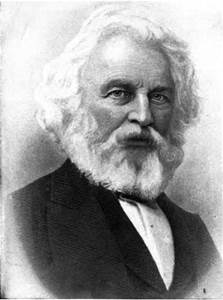
Longfellow was pretty upbeat about the season as well:
The morrow was a bright September morn;
The earth was beautiful as if new-born;
There was that nameless splendor everywhere,
That wild exhilaration in the air,
Which makes the passers in the city street
Congratulate each other as they meet.
|
Melville’s November (or better I should say his Ismael’s) sent him off to sea: “Whenever I find myself growing grim about the mouth; whenever it is a damp, drizzly November in my soul; whenever I find myself involuntarily pausing before coffin warehouses, and bringing up the rear of every funeral I meet; and especially whenever my hypos get such an upper hand of me, that it requires a strong moral principle to prevent me from deliberately stepping into the street, and methodically knocking people's hats off--then, I account it high time to get to sea as soon as I can.” |
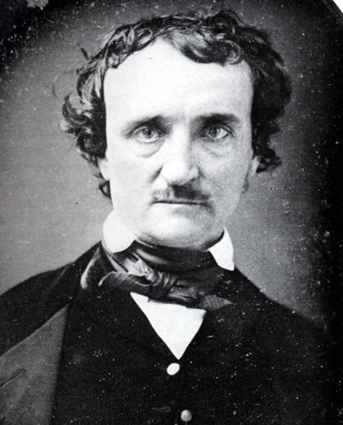
But it is with the major fantasists that autumn really comes into its own.
For Poe, I think, the year consisted of two seasons: autumn and winter:
“The skies they were ashen and sober;
The leaves they were crisped and sere-
The leaves they were withering and sere;
It was night in the lonesome October
Of my most immemorial year . . .”
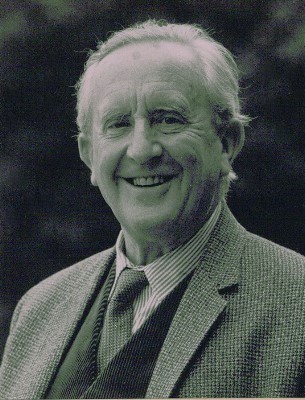
In The Lord of the Rings Tolkien could certainly sympathize with Ishmael: “He found himself wondering at times, especially in the autumn, about the wild lands, and strange visions of mountains that he had never seen came into his dreams.”

Stephen King makes much of seasons, particularly autumn and winter. In ‘Salem’s Lot we get this: “But then fall comes, kicking summer out on its treacherous ass as it always does one day sometime after the midpoint of September, it stays awhile like an old friend that you have missed. It settles in the way an old friend will settle into your favorite chair and take out his pipe and light it and then fill the afternoon with stories of places he has been and things he has done since last he saw you.”
(What is it about autumn and wandering?)
And then there’s Ray Bradbury. I read him as a teenager
and liked him a lot. Then he fell into general (and my) disfavor. A few years
back I reread his collected stories, and guess what? My original impression was
the right one!
“That country where it is always turning late in the year. That country where the hills are fog and the rivers are mist; where noons go quickly, dusks and twilights linger, and midnights stay. That country composed in the main of cellars, sub-cellars, coal-bins, closets, attics, and pantries faced away from the sun. That country whose people are autumn people, thinking only autumn thoughts. Whose people passing at night on the empty walks sound like rain.”
“That country where it is always turning late in the year. That country where the hills are fog and the rivers are mist; where noons go quickly, dusks and twilights linger, and midnights stay. That country composed in the main of cellars, sub-cellars, coal-bins, closets, attics, and pantries faced away from the sun. That country whose people are autumn people, thinking only autumn thoughts. Whose people passing at night on the empty walks sound like rain.”
|
“And then there is that day when all around, all around you hear the dropping of the apples, one by one, from the trees. At first it is one here and one there, and then it is three and then it is four and then nine and twenty, until the apples plummet like rain, fall like horse hoofs in the soft, darkening grass, and you are the last apple on the tree; and you wait for the wind to work you slowly free from your hold upon the sky, and drop you down and down. Long before you hit the grass you will have forgotten there ever was a tree, or other apples, or a summer, or green grass below, You will fall in darkness...” |
|
“He had never liked October. Ever since he had
first lay in the autumn leaves before his grandmother's house many years ago
and heard the wind and saw the empty trees. It had made him cry, without a
reason. And a little of that sadness returned each year to him. It always went
away with spring.
But, it was a little different tonight. There was a feeling of autumn coming to last a million years. There would be no spring.” I’m a little bit more optimistic than that last character of Bradbury’s but I certainly understand his mood! |
